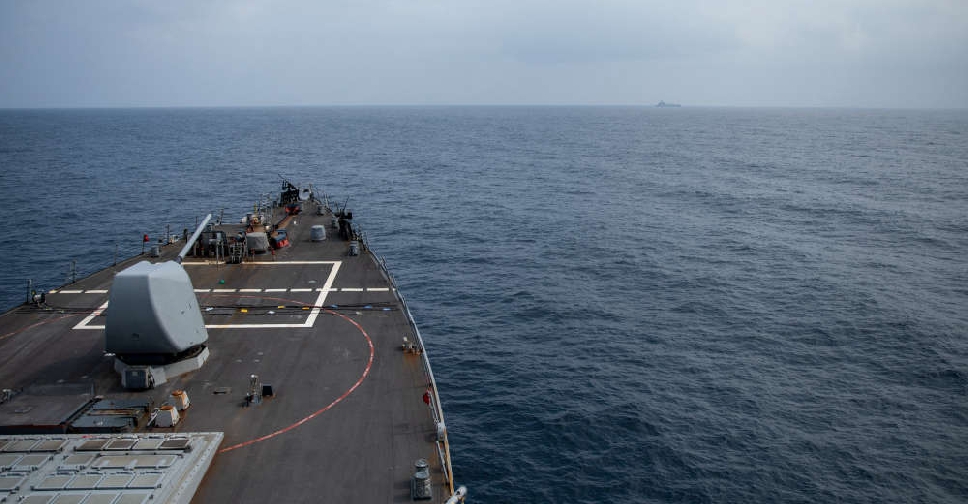
The United Nations Security Council on Wednesday passed a resolution demanding Houthi rebels immediately end attacks on ships in the Red Sea off the coast of Yemen and cautioned against escalating tensions.
The demand came in a Security Council resolution that also called on the Houthis to release the Galaxy Leader, a Japanese-operated vehicle carrier that the group commandeered on November 19, and its 25-person crew.
Eleven members voted for the measure demanding the Houthis "immediately cease all attacks, which impede global commerce and navigational rights and freedoms as well as regional peace".
Four members, including veto-wielding Russia and China, abstained. None voted against.
The key provision of the resolution, sponsored by the US and Japan, noted the right of UN member states, in accordance with international law, "to defend their vessels from attack, including those that undermine navigational rights and freedoms".
"The threat to navigational rights and freedoms in the Red Sea is a global challenge that necessitates a global response," US Ambassador Linda Thomas-Greenfield said in urging the council to approve the resolution.
The Houthi spokesman in Yemen, Mohammed Abdul Salam, dismissed the UN resolution as a "political game" and said the US was the one violating international law.
The Houthi attacks have disrupted maritime commerce, prompting some shipping lines to divert vessels from the Red Sea to longer routes, threatening to increase energy and food prices.
In the latest strikes, Washington said US and British warships on Tuesday shot down 21 drones and missiles fired by the Houthis at southern Red Sea shipping lanes in what London called the largest such attack in the area.
US Central Command said there have been 26 Houthi strikes on shipping since the Galaxy Leader was seized.

 UK inquiry finds 'chilling' cover-up of infected blood scandal
UK inquiry finds 'chilling' cover-up of infected blood scandal
 Iranian President Raisi killed in helicopter accident, state media says
Iranian President Raisi killed in helicopter accident, state media says
 ICC prosecutor seeks arrest warrants for Israeli, Hamas leaders
ICC prosecutor seeks arrest warrants for Israeli, Hamas leaders
 Assange given permission to appeal against US extradition
Assange given permission to appeal against US extradition
 Israel intends to broaden Rafah sweep, Defence Minister tells US
Israel intends to broaden Rafah sweep, Defence Minister tells US




